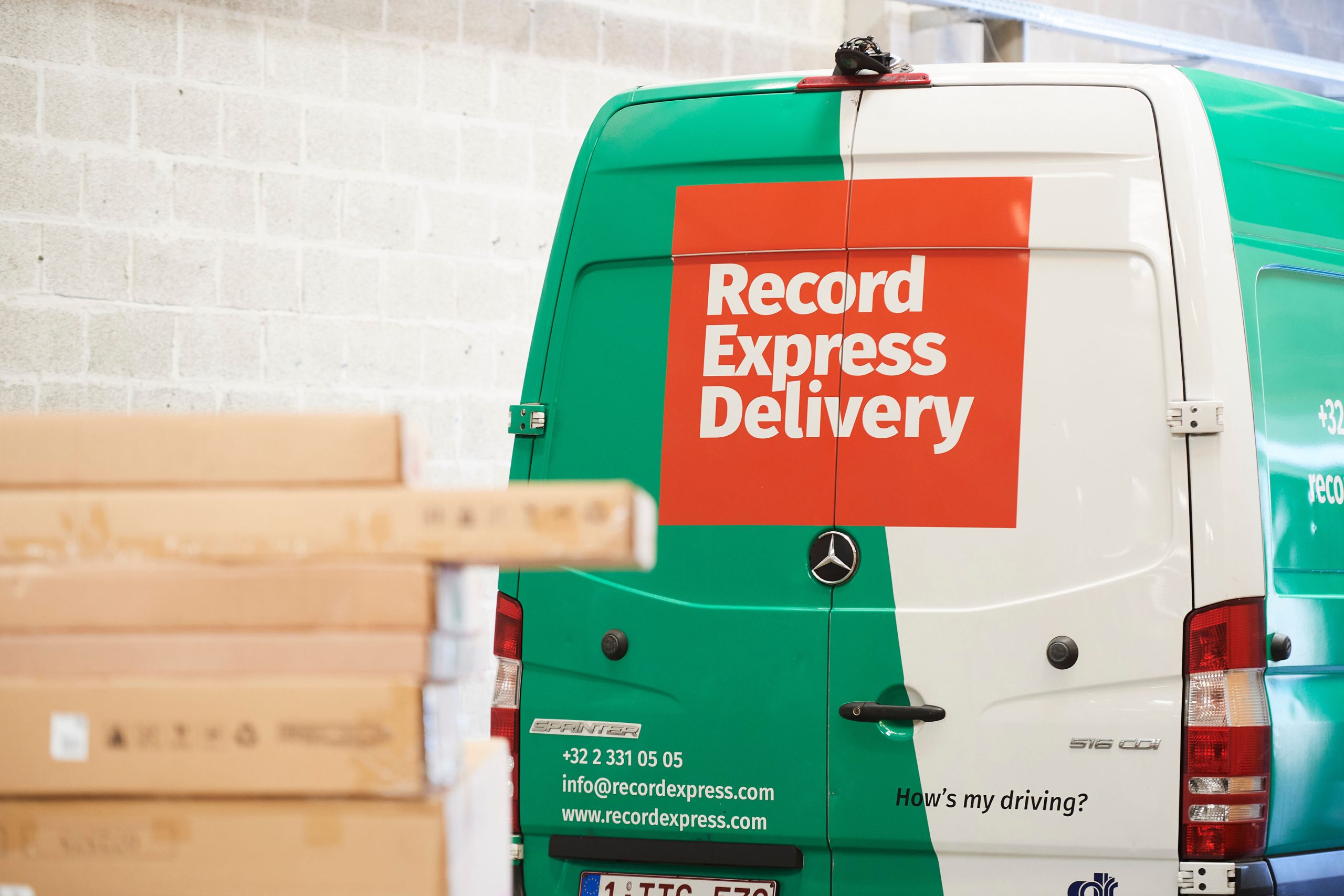Avoid These 5 Mistakes When Choosing a Delivery Partner in Belgium
SEND PARCEL
Avoid These 5 Mistakes When Choosing a Delivery Partner in Belgium
TL;DR: Choosing the wrong delivery partner can cost Belgian businesses time, money, and customer trust. In 2025, key mistakes include picking on price alone, ignoring service-level guarantees, overlooking tech capabilities, failing to check regional coverage, and skipping compliance checks. This article outlines the top five errors and how to avoid them—especially in B2B, pharma, and time-sensitive logistics.
Mistake #1: Choosing Based on Price Alone
Low-cost couriers often cut corners on reliability, tracking, or customer support.
A bargain delivery rate can quickly become expensive when delays, errors, or missed SLAs impact your operations.
-
Cheap providers may lack real-time tracking or route tech
-
Low prices often mean undertrained staff or subcontractors
-
Delivery failures cost more than a premium, reliable service
-
No room for flexibility or late pickups
-
Service quality often suffers outside urban zones
🔗 Related: Express Delivery Pricing
EU SME Logistics Study – Cost vs quality in last-mile services Source: eurofound.europa.eu
Belgian Delivery Satisfaction Report 2025 – Price as top regret in courier selection Source: statbel.fgov.be
Mistake #2: Ignoring SLA and Performance Guarantees
Without written SLAs, you have no recourse for late, missed, or failed deliveries.
In 2025, delivery partners should provide service-level agreements (SLAs) that define clear expectations and penalties.
-
SLA defines on-time rate, cut-off times, and compensation policies
-
Lack of SLA means no accountability when deliveries fail
-
Essential for time-sensitive industries like pharma or legal
-
KPIs like first-attempt success and ETA accuracy must be tracked
-
Clients should demand monthly or quarterly performance reports
🔗 Read more: Delivery KPIs That Matter in B2B
SLA Templates for Couriers – B2B delivery contract guidelines Source: vbo-feb.be
Belgian Transport Legal Framework – Client rights for delivery failures Source: ejustice.just.fgov.be
Mistake #3: Overlooking Tech Integration and Tracking
A modern courier partner must offer real-time tracking, API access, and smart routing.
Without live data, businesses lose visibility, cannot manage customer expectations, and miss optimisation opportunities.
-
Clients should see package status, ETA, and delivery proof in real time
-
No tracking = higher inbound support and frustration
-
Integration with order systems (e.g. Shopify, ERP) reduces manual errors
-
Route optimisation reduces delays and emissions
-
Smart routing = better delivery density and cost control
🔗 Related: Smart Lockers, EV Fleets & Route Tech
LogTech Adoption Survey 2025 – Belgian B2B demand for integrated delivery systems Source: traxens.com
EU Delivery Software Standards – Courier API and live tracking requirements Source: eurocommerce.eu
Mistake #4: Assuming National Coverage Means Local Capability
Many couriers advertise national service but lack local presence or infrastructure.
True same-day or even next-day service depends on regional hubs, available drivers, and geographic coverage.
-
Ask about actual presence in your region or city
-
No depot nearby = longer lead times or subcontracting risks
-
Local fleets handle late pickups, reroutes, and time-critical jobs
-
Important for smaller cities like Namur, Leuven, or Liège
-
Delivery quality drops when couriers overstretch coverage
🔗 Related: Is Fast Delivery the New Normal?
Belgium Courier Coverage Maps – Urban vs rural delivery network capacity Source: bpost.be
Service Reliability by Region 2025 – Local capability analysis by city Source: supplychainmovement.com
Mistake #5: Skipping Compliance and Certification Checks
In regulated sectors like healthcare, legal, or finance, compliance is not optional.
Many businesses forget to verify that their delivery partner meets industry-specific regulations—until something goes wrong.
-
Pharma deliveries require GDP-certified handlers and cold chain tracking
-
Legal and medical goods may require proof of custody or signature
-
Missed compliance exposes businesses to legal and reputational risk
-
Couriers must provide audit trails, insurance, and staff training records
-
Check for certifications relevant to your industry (e.g. ISO, GDP)
🔗 Related: How to Bundle Shipments
FAMHP Courier Requirements (Belgium) – GDP rules for pharma delivery Source: afmps.be
EU Logistics Compliance Standards – Certifications for transport providers Source: ec.europa.eu
How Record Express Helps You Avoid These Mistakes
We offer SLA-backed, tech-enabled, fully certified delivery across Belgium’s major regions.
With Record Express, you’re protected against the top 5 courier mistakes.
-
Transparent pricing with no hidden trade-offs
-
SLA agreements and tracked KPIs for every B2B client
-
Real-time tracking, route optimisation, and system integrations
-
Local fleets in Brussels, Antwerp, Ghent, Liège, and Leuven
-
Certified for pharma, legal, and secure business logistics
🔗 Learn more: Smart Lockers, EV Fleets & Route Tech
FAQs About Choosing a Belgian Courier Partner
Should I sign an SLA with my delivery provider?
Yes—SLA defines responsibilities, delivery speed, and recourse for failure. Never skip it.
What’s the minimum tracking level I should expect?
At least real-time location, ETA, and delivery confirmation—ideally with system integration.
Do I need a GDP-certified courier?
Yes, if you’re in pharma, healthcare, or medical logistics. It’s legally required for regulated goods.
What if my region is not listed in the courier’s depot map?
Service may be subcontracted—ask directly about local availability and fallback plans.
Sources
FAMHP GDP Guidelines – Certification for medical and pharma transport
Source: afmps.be
Statbel Courier Satisfaction Survey 2025 – What Belgian businesses regret most
Source: statbel.fgov.be
EU SLA Requirements for Logistics – Legal delivery service standards
Source: ec.europa.eu
Smart Logistics Adoption Report – Integration trends in Belgian B2B delivery
Source: traxens.com